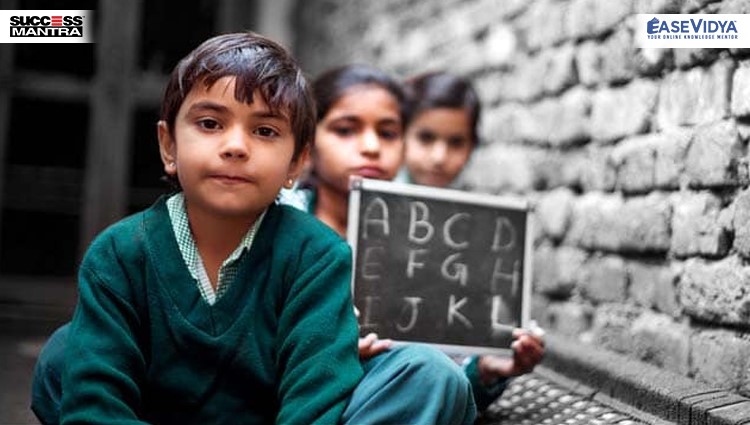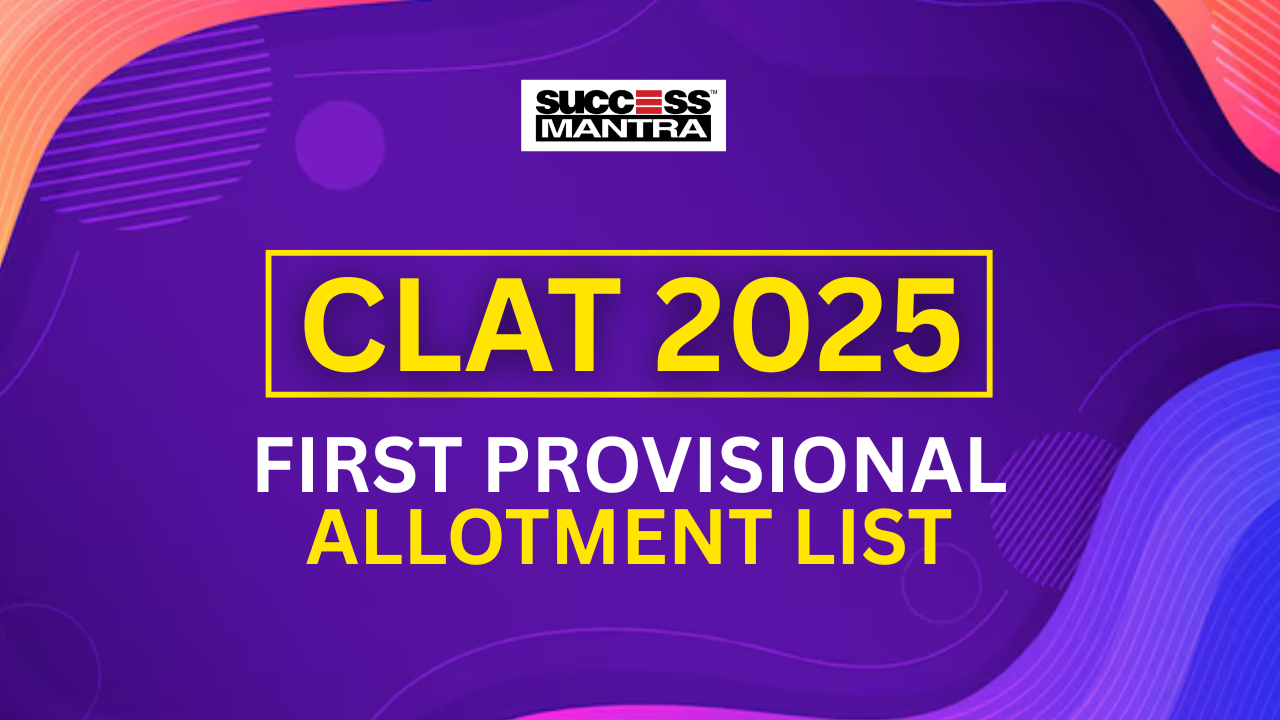
National Curriculum Framework
National Curriculum Framework
The ‘Mandate Document: Guidelines for the Development of the NCF was recently released.
Background:
The National Education Policy (NEP), 2020 recommends the development of National Curriculum Frameworks (NCF) in four areas- School Education, Early Childhood Care and Education (ECCE), Teacher Education and Adult Education.
About the NCF:
The NCF includes the National Curriculum Framework for School Education (NCFSE), the National Curriculum Framework for Early Childhood Care & Education (NCFECCE), the National Curriculum Framework for Teacher Education (NCFTE), and the National Curriculum Framework for Adult Education (NCFAE).
Significance:
The mandate document will bring about a paradigm shift with focus on holistic development of children, emphasis on skilling, vital role of teachers, learning in mother tongue, cultural rootedness. It is also a step towards decolonisation of the Indian education system.
Highlights of the National Education policy:
- Public spending on education by states, Centre to be raised to 6% of the GDP.
- Ministry of Human Resource Development to be renamed Minister of Education.
Digital Education- related:
- An autonomous body, the national educational technology forum, will be created for the exchange of ideas on use of technology to enhance learning, assessment, planning and administration.
- Separate technology unit to develop digital education resources. The new unit will coordinate digital infrastructure, content and capacity building.
Teacher Education- related:
- By 2030, the minimum degree qualification for teaching will be a four year integrated B.Ed. degree.
- Teachers will also be given training in online educational methods relevant to the Indian situation in order to help bridge the digital divide.
School Education- related:
- Universalise the pre-primary education (age range of 3-6 years) by 2025.
- Universalization of Education from pre-school to secondary level with 100 % GER in school education by 2030.
- A new school curriculum with coding and vocational studies from class 6 will be introduced.
- A child’s mother tongue will be used as the medium of instruction till class 5.
- A new curricular framework is to be introduced, including the preschool and Anganwadi years.
- A National Mission on Foundational Literacy and Numeracy will ensure basic skills at the class 3 level by 2025.
- Board exams to be easier, redesigned. Exams will test core competencies rather than memorising facts, with all students allowed to take the exam twice.
- School governance is set to change, with a new accreditation framework and an independent authority to regulate both public and private schools.
Higher Education- related:
- Four year undergraduate degrees with multiple entry and exit options will be introduced.
- The M.Phil degree will be abolished.
- New umbrella regulator for all higher education except medical, legal courses.
- An Academic Bank of Credit will be set up to make it easier to transfer between institutions.
- College affiliation system to be phased out in 15 years, so that every college develops into either an autonomous degree-granting institution, or a constituent college of a university.
- It also aims to double the Gross Enrolment Ratio in higher education, including vocational education, from 26.3% in 2018 to 50% by 2035, with an additional 3.5 crore new seats.
Traditional knowledge- related:
- Indian knowledge systems, including tribal and indigenous knowledge, will be incorporated into the curriculum in an accurate and scientific manner.
Special focus:
- Regions such as aspirational districts, which have a large number of students facing economic, social or caste barriers will be designated as ‘Special Educational Zones’.
- The Centre will also set up a Gender Inclusion Fund to build the country’s capacity to provide equitable quality education to all girls and transgender students.
Financial support:
Meritorious students belonging to SC, ST, OBC and other socially and economically disadvantaged groups will be given incentives.
New Curricular and Pedagogical Structure:
The NEP proposes changing the existing 10+2 Curricular and Pedagogical Structure with 5+3+3+4 design covering the children in the age group 3-18 years. Under this —
- Five years of the Foundational Stage: 3 years of pre-primary school and Grades 1, 2;
- Three years of the Preparatory (or Latter Primary) Stage: Grades 3, 4, 5;
- Three years of the Middle (or Upper Primary) Stage: Grades 6, 7, 8;
- Four years of the High (or Secondary) Stage: Grades 9, 10, 11, 12.
Challenges ahead:
Since education is a concurrent subject most states have their own school boards. Therefore, state governments would have to be brought on board for actual implementation of this decision.













0 Comment